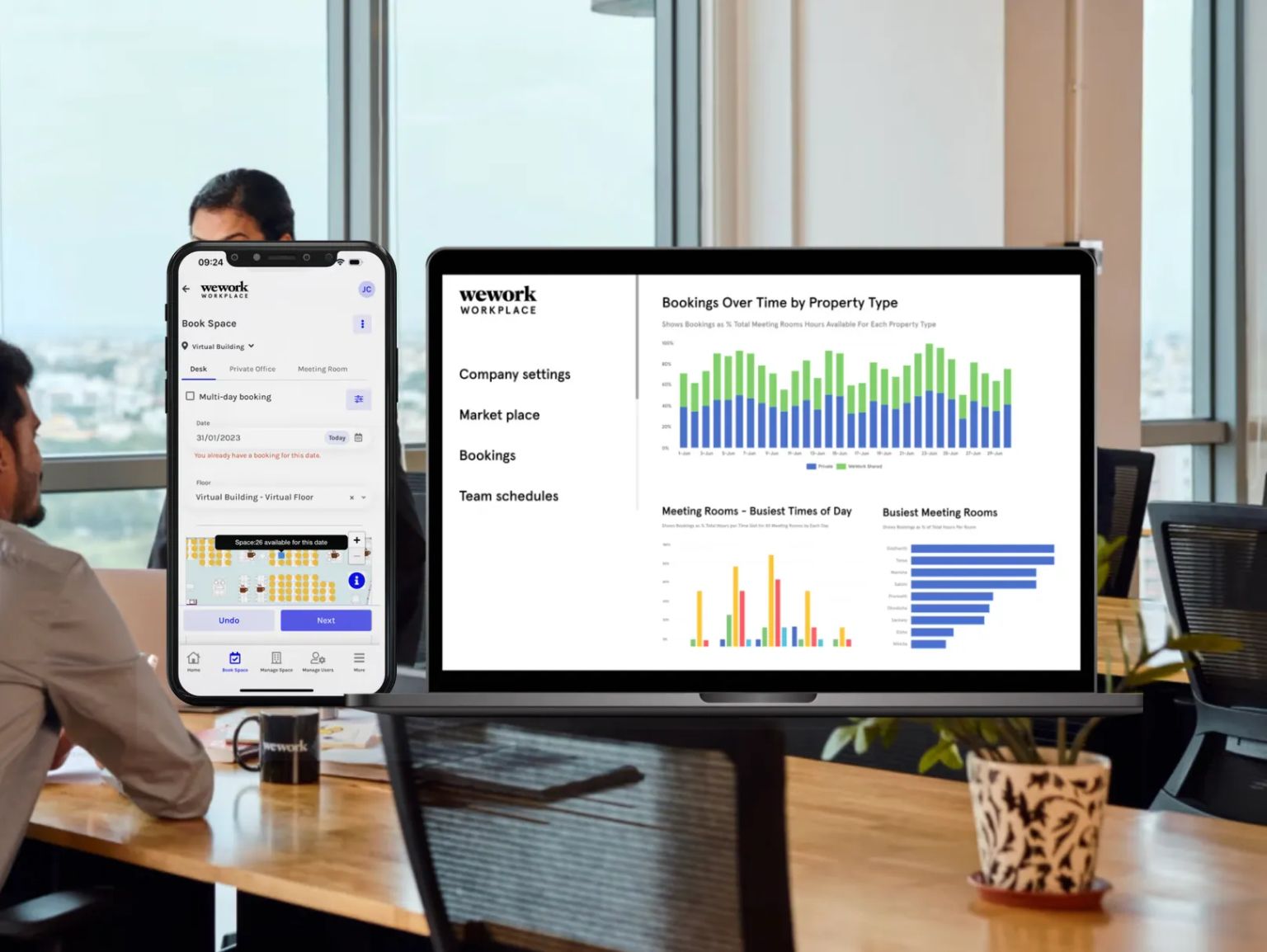NEWS & INSIGHTS
The Role of AI in Finance: Transforming Business Financial Strategy

Discover how AI in business finance is revolutionizing the role of finance teams. Learn the evolving role of AI in finance and its impact on strategy, forecasting, and automation.
The world of finance saw a drastic shift in its functional trajectory the moment it was hit by the wave of AI. Like all the other fields of commerce, AI changed the world of business finance with its data-backed predictions and altruistic properties to improve the lives of corporate employees and CFOs around the world. Studies show that between January and April 2023, corporate profits increased by 45% as a result of interest in AI models. Furthermore, the global AI market is expected to reach over $1.8 trillion by 2030.
More than just a technological advancement, AI is fundamentally changing how corporate finance operates, empowering CFOs to make smarter, faster, and more strategic decisions.
Automating The Corporate Finance Engine with Ease
While manual data entry is still practiced in a lot of businesses, AI’s involvement in business finance has converted this rather tedious and time-consuming activity into a productive one by automating tasks like transaction processing, reconciliation and regulatory reporting in an effortless process. By doing so, it has made way for humans to focus on more important tasks like developing financial strategies that will change the fate of their businesses drastically. It has also made data analysis and identification of financial trends hassle-free and quick.
AI Predictive Analytics: Enabling Better Decision-Making
The cornerstone of corporate finance is collecting valuable data and leveraging it to make sound decisions, but the mere process can be time-consuming and heavy. According to Accenture, CFOs believe that AI will significantly improve forecasting accuracy by 95% in the coming years.
By using AI for predictions and calculations for corporate budgeting, expenses, realised risks, gross margin and net profit, CFOs can focus more on taking ground-breaking decisions for the future of their organisations.
Uses for AI in Corporate Finance
Financial Statement Analysis
AI can analyse financial statements with a depth and speed impossible for humans to match, uncovering hidden patterns, anomalies, and potential risks that might otherwise go unnoticed.
Liquidity and Working Capital Optimisation
AI algorithms can monitor cash flow in real-time, optimise working capital, and predict potential shortfalls or surpluses, allowing for more agile and efficient treasury management.
M&A Due Diligence: Unveiling Hidden Value
A study found that the role of AI can reduce the time taken for due diligence during mergers and acquisitions (M&A) by up to 70%. The process of evaluating potential acquisitions is data-intensive and complex. AI can streamline due diligence by analysing financial records, contracts, and market data to assess the true value of a target company and identify potential risks or opportunities.
Contract Management: From Negotiation to Execution
AI-powered contract review tools can analyse complex agreements, identify key clauses, highlight potential risks, and even suggest optimal language, making the contract lifecycle faster, more efficient, and less prone to errors.
Will AI Replace Human Roles in Corporate Finance?
The fear that AI will replace human roles in corporate finance is not just a concern amongst corporations but in all fields of commerce. But rather than deeming it as our opponent, we should consider it as an ally that will help us in automating certain laborious tasks that may take up our time and stop us from tapping into new opportunities.
In accounting, AI automates transactions and enhances cash flow management, helping finance professionals to focus on strategic and compliance-driven roles. Data management becomes faster and more accurate with AI, minimising human error while still requiring oversight for strategic implementation. Moreover, AI elevates planning and strategy by improving forecasting and risk management, yet human intervention remains crucial for critical thinking and scenario analysis. In controlling, AI excels at detecting data discrepancies and monitoring real-time performance, but advanced analytics and corrective action still rely on human expertise.
While computers powered by AI can rapidly synthesise and model data, it's the human element that provides critical thinking and transforms AI's recommendations into actionable strategies.
Navigating the Future of Corporate Finance
The ever-evolving technology of AI is here to stay and is a present-day reality shaping the realm of business finance as time goes by. With the help of artificial intelligence, CFOs can mitigate all the tedious and time-consuming tasks and transform their departments from reactive number-crunchers to proactive, data-driven strategic partners. Companies that adapt to this technology promptly will be able to position themselves at a progressive position in the market and navigate the changing tides of the industry with sustained success.
Frequently Asked Questions
How is AI used in business finance today?
The power of AI can be used in multiple ways to automate many important processes in corporate finance. From predictive analytics, risk management, budgeting, regulatory reporting to transaction processing, everything can be streamlined with the help of AI.
What are the challenges of AI in finance?
Data security and potential for bias are some of the biggest challenges when it comes to AI in corporate finance. Apart from that, a shortage in professionals skilled in understanding and leveraging AI to its full capacity can also be a major issue faced by corporations.
Will AI in finance eliminate jobs?
This is very much a myth as AI will help reduce tedious work and make all the processes streamlined while increasing job opportunities for skilled professionals.
How can CFOs prepare for AI in finance?
Foster a data-driven culture, invest in skills development, recruit AI expertise, embrace change management, and establish ethical guidelines.
Related Blogs:

NEWS & INSIGHTS
In the evolving landscape of workplace design, the open office concept has gained significant popularity. This modern approach aims to foster collaboration, enhance flexibility


